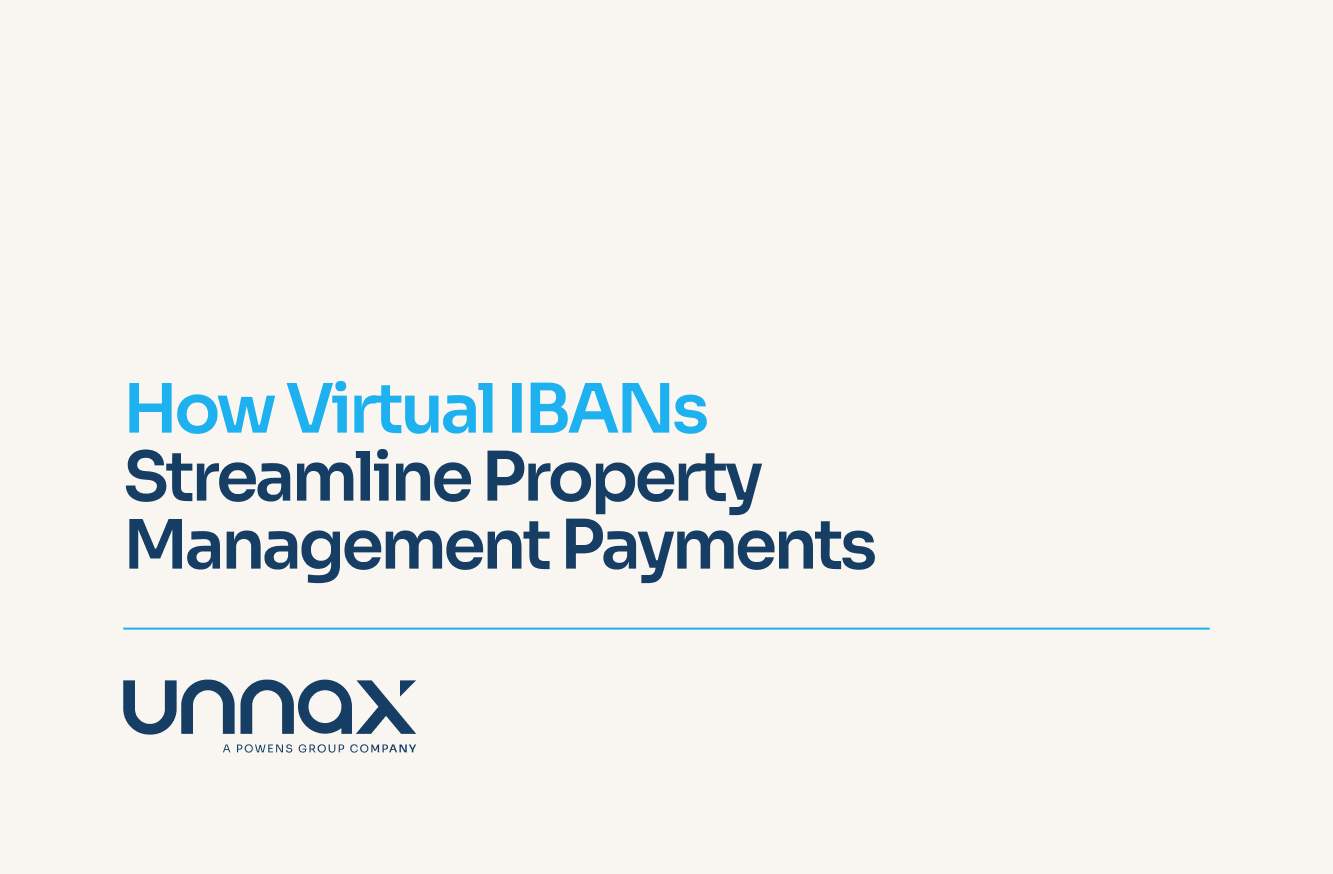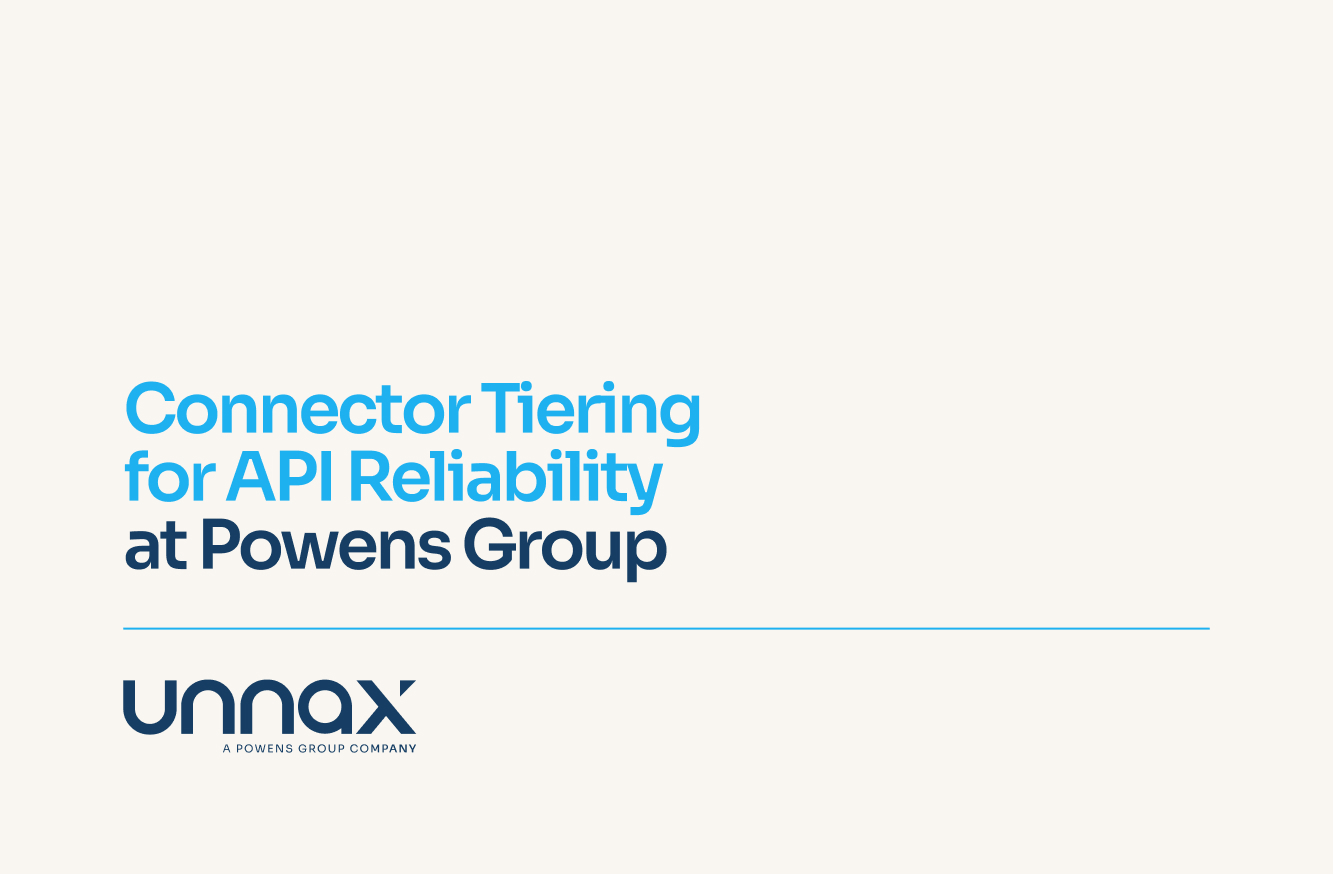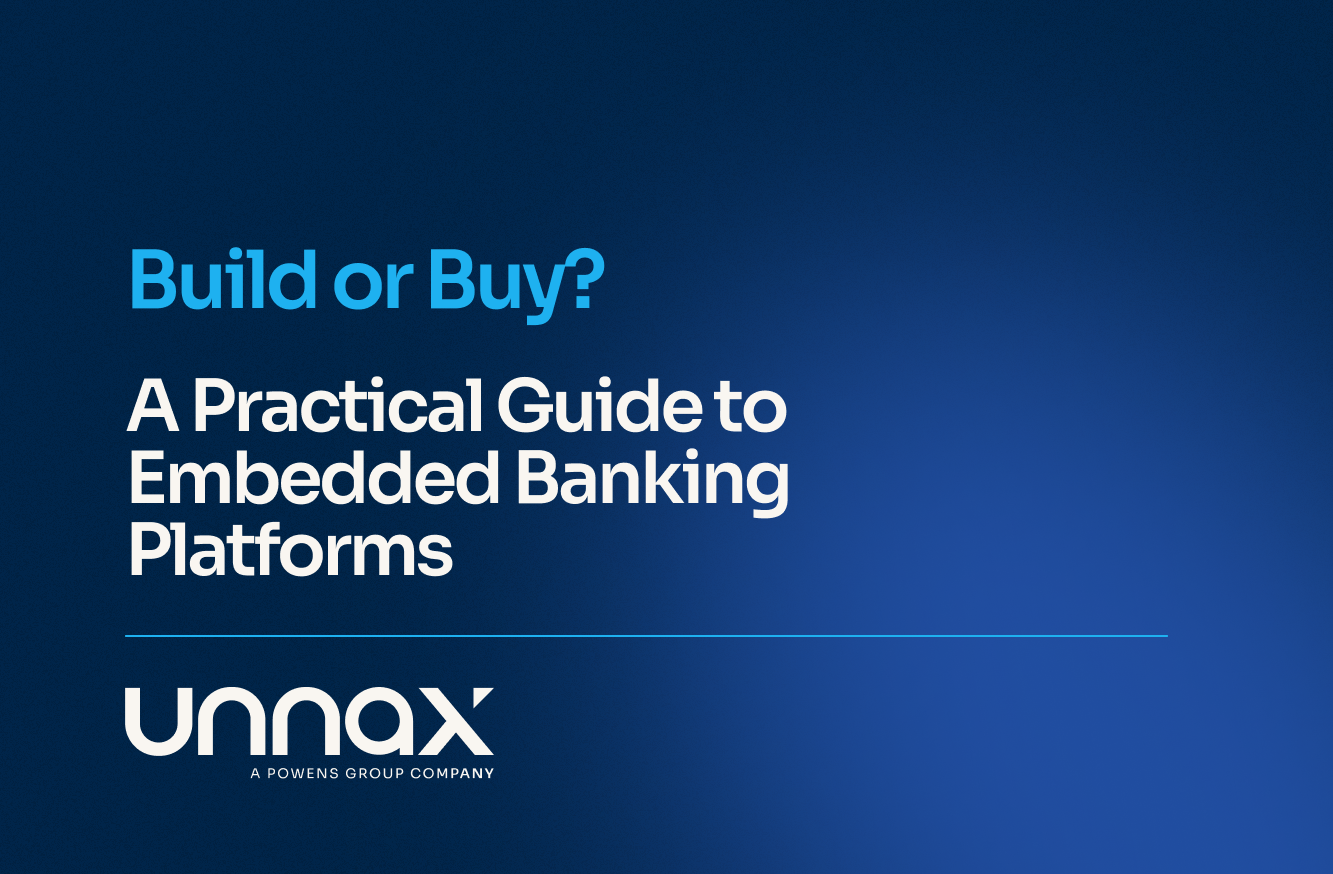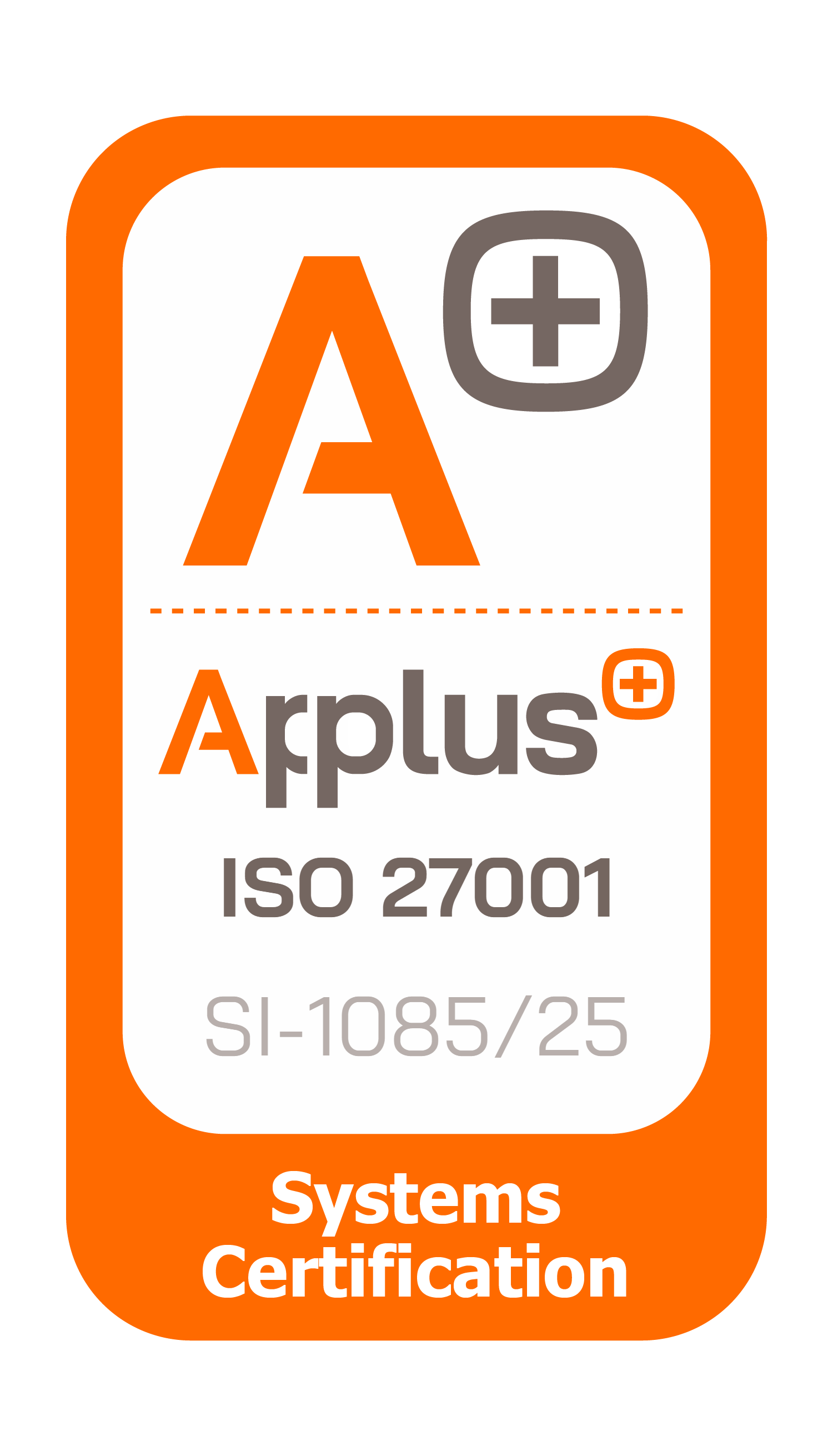Some time ago (not that long, really), customers looking to buy any product really didn’t have much choice. In some sectors (for example, services or banking), it wasn’t uncommon for there to be monopolies or near monopolies on products; for everyday products (for example, food), consumers were limited to the shops and supermarkets nearby, etc.
The Internet has changed this situation radically. The products and services on offer through the Internet, improved logistics processes and new regulatory frameworks (promoting openness and competition in traditionally closed sectors) have opened up a nearly endless range of possibilities at both ends of the chain: for companies and for final consumers.
No sector is immune to this. Even some that are highly specialised, like insurance.
Opportunities for insurance companies
The digital revolution, consumers of all sorts (for financial and insurance services, too), apps, etc., began to bring new air into the insurance sector some years ago.
The explosion of FinTech companies (with their technology-based financial services) and revolutionary technology (such as artificial intelligence or machine learning) are a challenge for traditional insurance companies. Nevertheless, every challenge brings with it opportunity.
If, on top of all this, we add the concept of Open Banking and the need to apply European directive PSD2 in the financial sector (with all this brings in terms of competition and renewal), as well as putting consumers at the heart of the business strategy, it is clear that new horizons are opening up for insurance companies – as long as they are willing to assume these changes, which are at times disruptive.
Each client wants to be unique
The business structure that existed until just a few years ago made it difficult to put the customer at the centre, setting them apart from the rest.
In large corporations, because it was more profitable to use their machinery for economies of scale. In small ones, because they lacked manoeuvrability. Nevertheless, new technology allows us to change services and the way work is organised; provides data we didn’t have before on consumers, anonymous but individualised…
These transformations mean that it is no longer impossible to offer customers personalised solutions.
We’ve mentioned the possibilities technology is opening up: big data, the Internet of Things (IoT), artificial intelligence… These have already begun to transform all branches of the insurance sector, including car and health insurance. For example, according to several studies, in less than two years, one in five cars will be connected to the Internet. And this will allow us (and already does in some cases) to collect data on how cars are driven and how much they are used. Additionally, this will mean insurance companies can offer a product using the usage-based insurance model, rewarding good drivers with better policy conditions.
Something similar is beginning to happen with some health insurance policies. By using apps, companies can verify users’ healthy lifestyle habits and give them some type of advantage for, let’s say, exercising.
Collect information and calculate risks with our Bank Reader Engine
One of the products in our portfolio for companies is the Bank Reader Engine. This allows our clients to read bank accounts, getting more information on their customers. This is information that, as we’ve said, allows a company to personalise its insurance policies.
What type of information is collected? Consumption and payment patterns, and possible alternative sources of income, among others. At the same time, it can discover risky behaviour that can help in making better decisions.
Best of all is that the Bank Reader Engine is a very powerful tool that is also extremely easy to use. One of the core principles behind development of all Unnax products is that user experience is just as important as functionality.
You just have to use our widget and you will start, after just a few minutes without being an expert in technology, to get highly valuable information for positioning your company. And you get access to this data in real time. Plus, you’ll have our technical support service whenever you need it. Shall we start working for your company?









